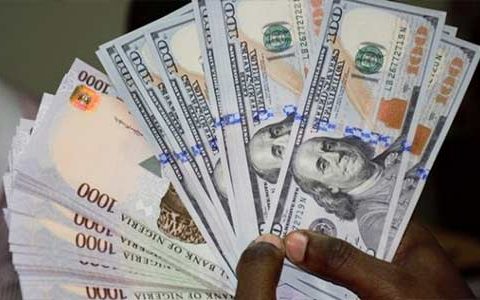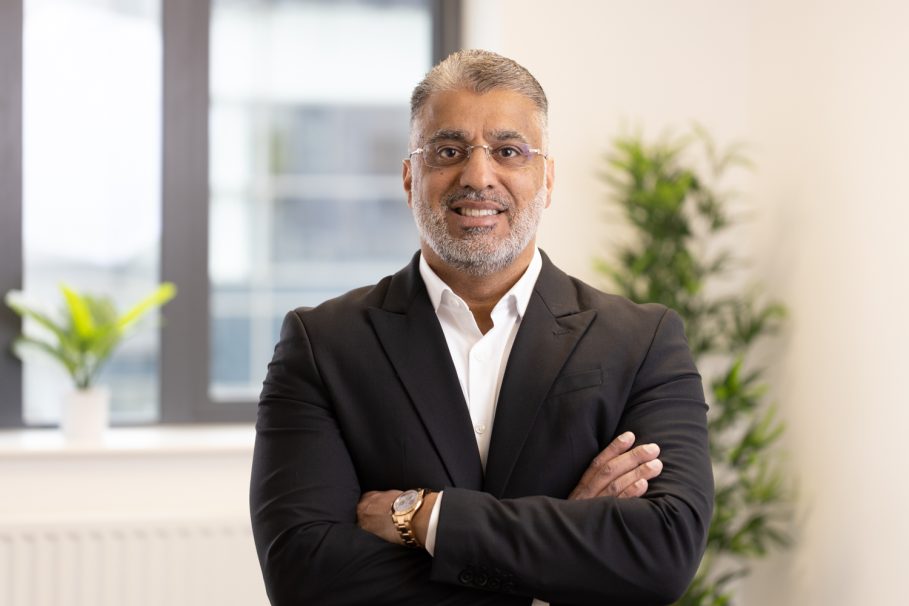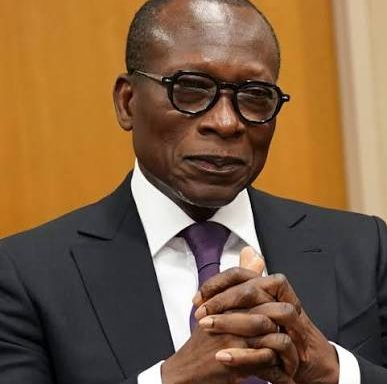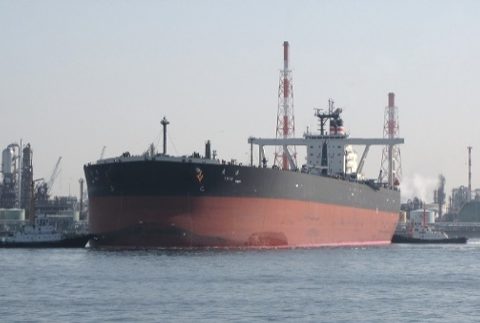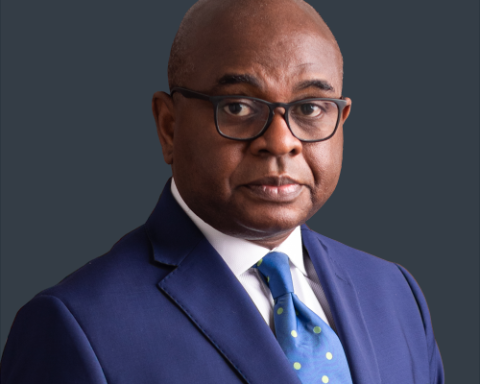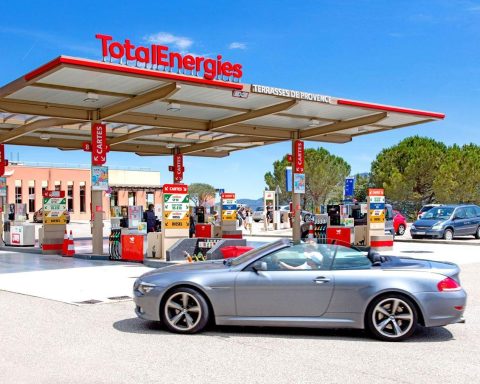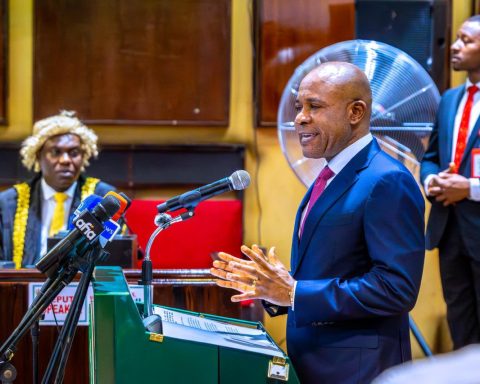Chief Executive Officer of CFG Advisory, Tilewa Adebajo, has stated that the Nigerian government can raise $50 billion through sale of assets, reduce its debt burden.
He warned that if the federal government does not take drastic measures to address the debt burden, it can stall the economic reform programme of President Tinubu’s administration.
Join our WhatsApp ChannelAccording to the Debt Management Office (DMO), Nigeria’s total public debt stood at N121.67 trillion as of 31 March 2024. It increased by N24.33 trillion or 24.99 per cent from N97.34 trillion recorded as of 31 December 2023.
Adebajo, who appeared on Channels Television’s Business Morning programme on Friday, stressed that with the level of debt burden and the cost of servicing, it is obvious that it is no longer sustainable, hence the need to take some drastic steps towards selling some critical assets and raising money to ease the debt burden.
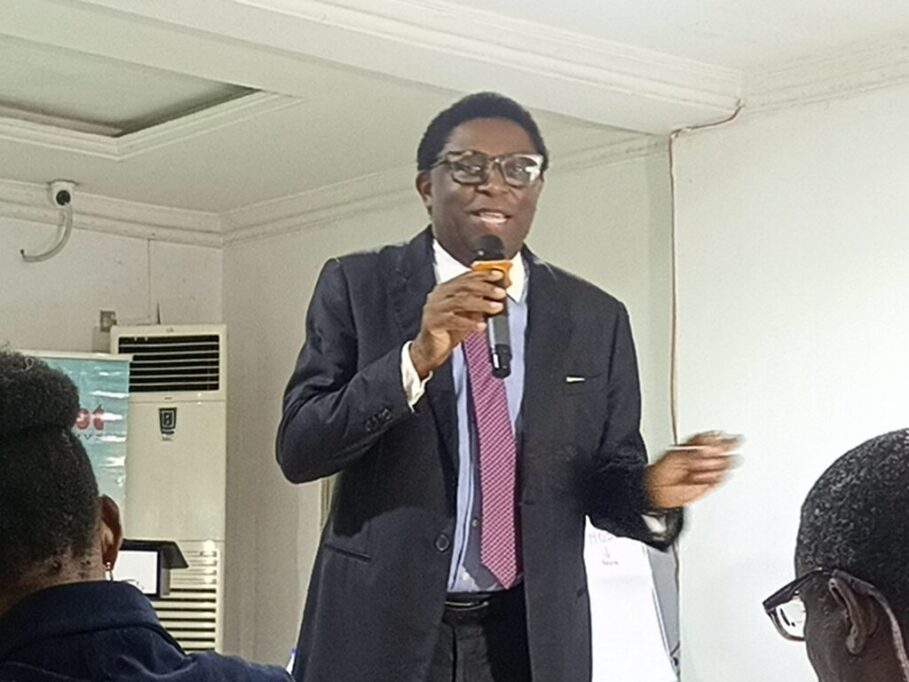
The financial expert observed that the federal government has a lot of idle assets, especially in the oil and gas sector that can be sold to raise money.
The CFG Advisory CEO stated that Nigeria has about 35 billion barrels of crude oil reserves that can be put to use through issuing oil mining licences to capable investors.
This he said, would not only boost oil production but also increase foreign exchange earnings and revenue.
He said: “Government needs to press the reset button. More importantly, the time has come whereby the government needs to sell some of its assets which is like restructuring its balance sheet to be able get more equity into it.
“NNPC has about 35 billion barrels of crude oil. If you look at this and multiply it by maybe $50 per barrel, you will begin to understand the value of that oil. The NNPC balance sheet is about N246 trillion but it has idle assets that it can spend close to N22 trillion on without any desired result.”
According to him, inefficiencies of the Nigeria National Petroleum Company Limited (NNPCL) is weighing Nigeria down economically, adding that at a time oil price in the international market is around $80 per barrel, Nigeria ought to be smiling on revenue that could have come from crude oil sales if there is optimal production.
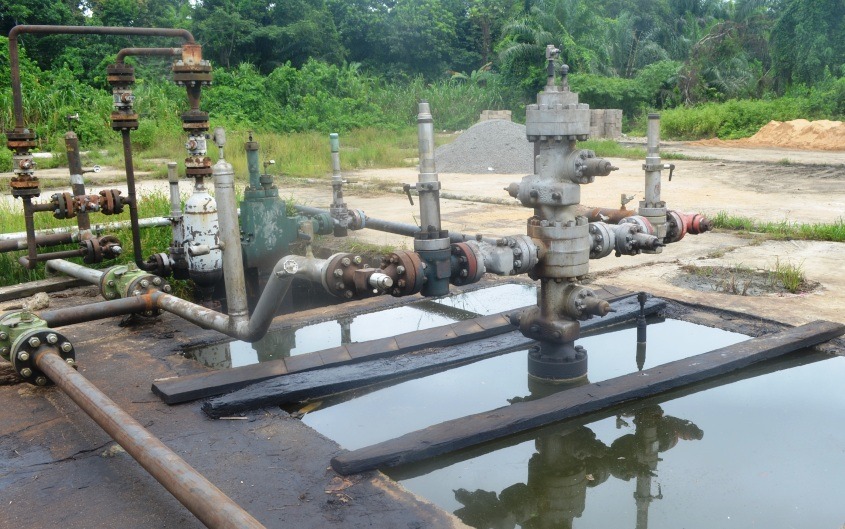
“So, it’s important that the government should begin now to sell oil mining licences and oil producing licences to about 49 per cent or even more, so that serious players can begin to invest in that.
“In the process, the government can even raise $50 billion. The $50 billion dollars that the government would raise would help reduce the debt burden and help it recapitalise NNPC so that we can have sustained revenue and more importantly, foreign exchange availability because the inefficiencies in NNPC are weighing Nigeria down. At a time when the price of oil is up to $80 per barrel, when Nigeria should be smiling.”
Looking at the Inflation trajectory, he said it seems to be going down but expressed worry that further increase in price of petrol might affect the projection, hence the need for the government to sustain efforts in the reform efforts to achieve the desired result.
Nigerian Govt Must Step Up Social Intervention Programmes
Adebajo emphasised that while these economic reforms are necessary to boost the economy in the long-term, it is imperative that the government should step up social interventions to cushion the effect on the masses.
He warned that if that is not done, it might have a negative impact on the desired result of the economic reform programme of the federal government.
President Tinubu administration’s economic reforms such as foreign exchange rate harmonization/ floating of the naira, and the removal of subsidies on petrol and electricity among others, have led to high cost of things in the country.
While the government battles to control inflation, stabilize the exchange rate and stimulate economic growth in the long run, it has also introduced some social intervention programmes to cushion the effects of the reforms in the interim.
Commenting on some of the social intervention programmes already done by the federal government such as food palliatives, Adebajo said sending truckloads of rice to states is not a sustainable solution to the problem.
“With all due respect, sending trucks of rice to states is not the solution,” Adebajo stated.
He said the removal of tariffs on importation of essential food items in the short term is a step in the right direction to reduce costs, while more sustainable measures are taken to boost local production.
READ ALSO: Tilewa Adebajo Calls For Diversifying Revenue Base To Tackle Nigeria’s Inflation
The financial expert stressed that fundamental structural issues need to be addressed. He said the federal government needs to tackle insecurity in the northern part of the country which has affected agricultural production.
The CFG Advisory CEO also called on the federal government to address what he described as “reckless expenditure” which according to him, is not helpful in the effort to retool the economy. “I think fiscal discipline is very important. If you live by example, other people would follow,” he admonished.
“Stomach infrastructure, hunger is the number one issue in Nigeria today and if you do not address these issues, they will negatively impact the desired result from the reform programme,” he emphasised.
Aside from tackling insecurity, he also noted that the government needs to also address the challenge of post-harvest losses by investing in infrastructure to improve storage of agricultural output
Victor Ezeja is a passionate journalist with seven years of experience writing on economy, politics and energy. He holds a Master's degree in Mass Communication.





